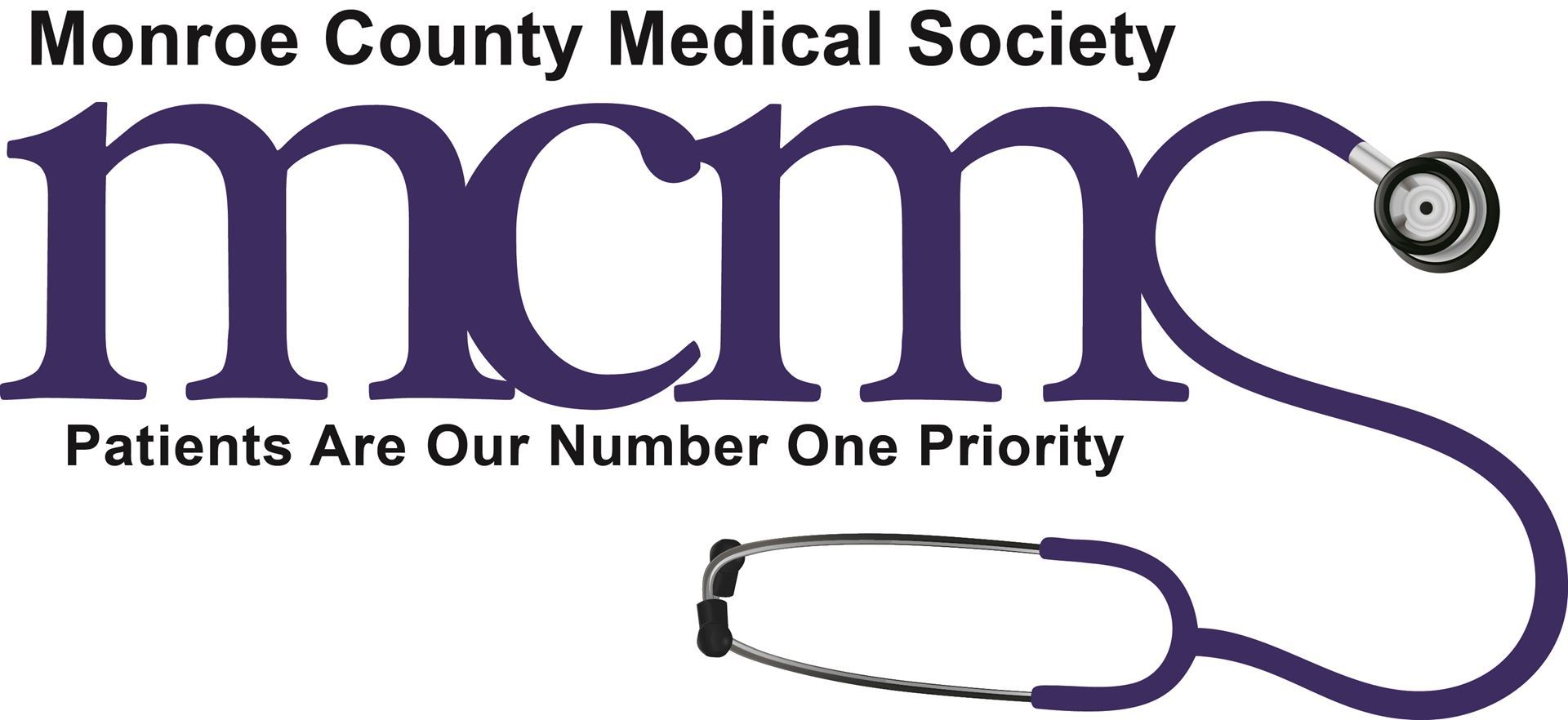Choosing a PhysicianChoosing a physician is an important decision. Be sure to think about what kind of physician you’re looking for - do you need an internist, a pediatrician, obstetrician, or family practitioner? If you are having a specific problem, you may want to start out by seeing a primary care physician, who can help you select a specialist, if and when one is necessary. Also, if you belong to an employer health insurance plan such as an HMO (Health Maintenance Organization) or PPO (Preferred Provider Organization), you may have to choose from a list of pre-approved physicians. Be sure to check with your employer if you are affected by such plan. Here is a list of questions to ask when choosing a physician. The answers will not only provide helpful, factual information, but may also give you valuable insight into the physician’s character, and help determine your compatibility. Some answers may be found via the physicians website, while some may be best to address to the physician/practice directly.
Background and Credentials Are you board certified? With what hospitals are you affiliated? Do you belong to any medical societies or professional organizations? General Practice and Procedure Are you part of a group practice that gives me access to other physicians in the group? Do you accept my Insurance? How far in advance must appointments be made for checkups and urgent situations? How can I contact you if an emergency arises when your office is closed? What arrangements are made when a physician is unavailable? Getting Personal Do you believe that whatever a patient tells you is confidential? Do you always get patient permission before releasing records? How would you feel if I sought a second opinion on your diagnosis or recommended therapy? Besides my medical history and current health, what would you want to know about me? The Office Visit When scheduling an appointment, ask for help in choosing a time when waiting will be minimal. Ask how much time to allow. On the day of the visit, call ahead to see if the physician is running “on schedule.” Remember that you are entitled to a full explanation of all diagnosis, medications, tests, treatments, and charges. Keep asking until you fully understand any unfamiliar medical language. Write down your diagnosis, and feel free to ask for any further explanations, pictures, or written material. Find out how long this condition will affect you - Are there any lifestyle or habit changes that might help? What effect will treatment have? Try using your own words to explain your condition back to your doctor, as you understand it. If tests are ordered, ask about the purpose, risks, and effects of each test. When and how will you learn the results of the test? Is there another way to obtain the same information? If results are being shared through a patient portal, ask for specific directions about how to access the information. Regarding medication, be sure to inform your physician of all prescription and over-the-counter medications you are taking. Ask about the type of relief to expect, and when to expect it. In what manner are you to take the medication, and for how long? Be sure to ask about side effects, and carefully monitor any and all effects the medication has. Remember, there is nothing wrong with asking questions or bringing a list of concerns with you to your physician’s office. Open communication is of utmost importance in your relationship with your doctor. We hope that you will ask the questions in this brochure when selecting a physician, and then follow up with the suggestions provided. Building a comfortable trust with your physician is one of the most basic things you can do for your health, and the Monroe County Medical Society is here to help. Open communication is of utmost importance in your relationship with your doctor. We hope that you will ask the questions in this brochure when selecting a physician, and then follow up with the suggestions provided. Building a comfortable trust with your physician is one of the most basic things you can do for your health, and the Monroe County Medical Society is here to help. | Find a PhysicianMonroe County Medical Society can provide you with a list of member physician who are currently accepting new patients. Click here to Find a Physician. |
